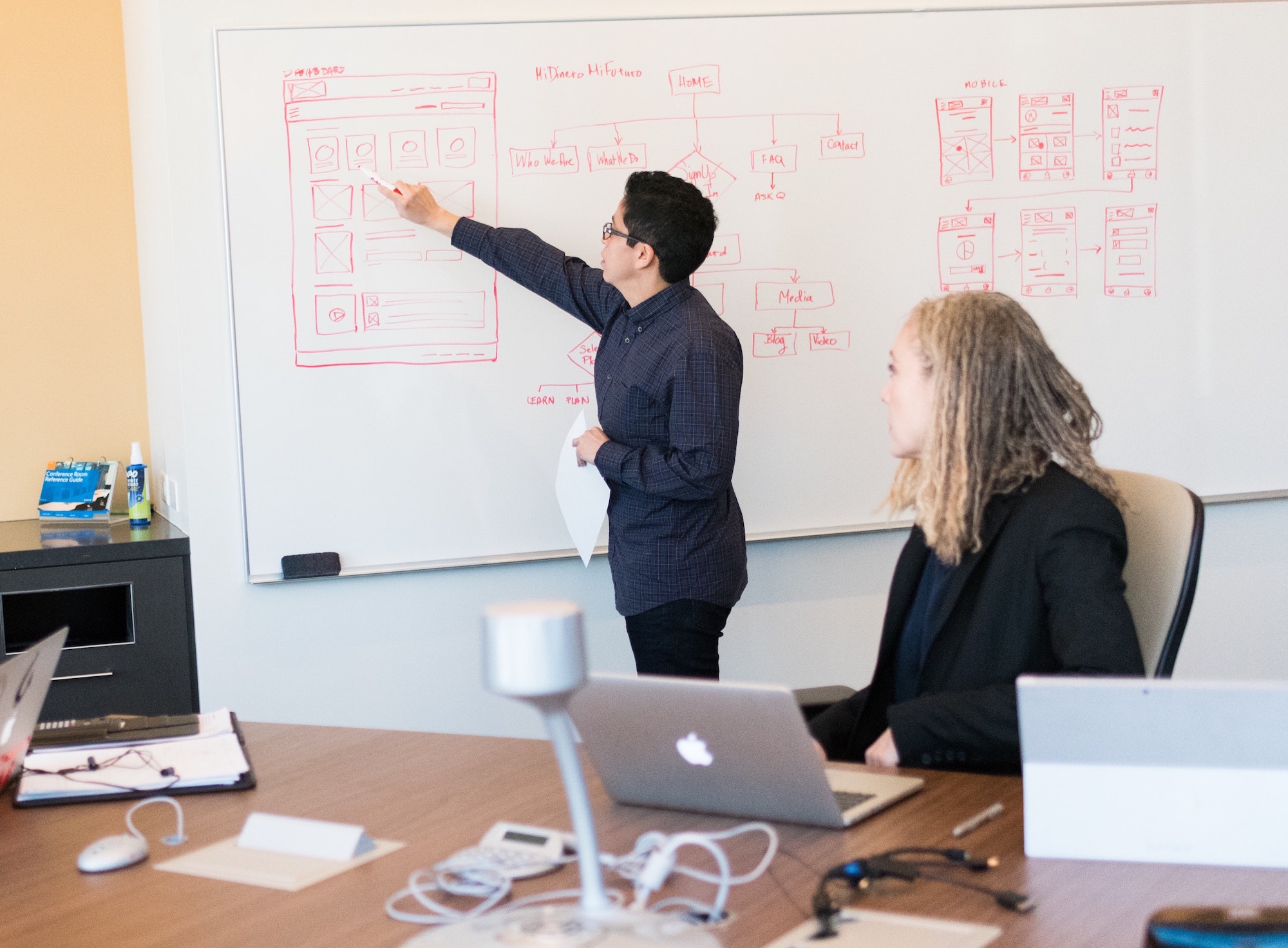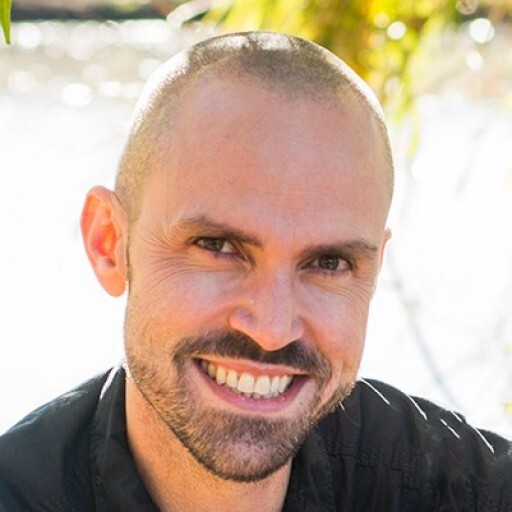As an IT expert, it’s more important than ever to understand the secret ingredients for finding a fit with an employer. One key to that success is the need for “outside the box” traits.
Developers aren’t faceless robots in basement cubicles. Employers want their developers to bring their personality, people skills, and emotional intelligence into their work.
“Research conducted with Fortune 500 CEOs by the Stanford Research Institute International and the Carnegie Melon Foundation, found that 75% of long-term job success depends on people skills, while only 25% on technical knowledge.” —AMA
Soft skills are now the greatest complement to your hard skills for retention. It doesn’t matter how fast you can code anymore. You have to be human, too.
How can businesses make decisions based on intangibles?
Soft skills have long been undervalued in tech. Analytical skills and quantitative expertise won’t be the only deciding factors for candidates anymore.
“In an increasingly data-driven economy, the demand for ‘soft’ social skills, like teamwork and communication, increase with greater demand for ‘hard’ technical skills and tools.” —PNAS
But soft skills are hard to measure. They’re qualities that include things like common sense, how well you mesh with co-workers, and your adaptability to change.
And evidence shows that the recommendations of colleagues now play a bigger role in the success of any project. Your soft skills are invaluable to advancing your career.
Soft skills can predict success
The future of work demands that we all work smarter across distributed teams. As we connect co-workers around the globe, we’re seeing a new benchmark for team-building.
We’re highlighting six soft skills in this blog, but that doesn’t mean there aren’t others that will boost your chances of finding a developer gig. There are dozens of uniquely human qualities and EIQs (emotional intelligence quotients) that will get you hired regularly.
Here are some categories you can focus on right now that will make you stand out in the crowd:
6 soft skills developers can improve today
1. Communication and people skills
This one seems obvious, but now that Slack, Zoom, and Trello have become verbs, it’s the most critical. It’s not just about your emoji and GIF game anymore.
You’ll need to brush up on how you speak to colleagues and how you empathize. Not only with your peers, but also end-users and customers.
One trick to mastering comms is knowing the best platform to connect on. Sometimes a Slack message thread can be tedious, whereas a phone call can quickly answer your question.
Cross-functional teams that work well together will be unstoppable. Teams that hold each other accountable? Even stronger (see below).
2. Teamwork and collaboration
Another one that may seem redundant, but you can’t work in a vacuum. Your teammates will be evaluating not only your tech skills but how accessible and reliable you are.
Teams thrive in an environment that offers diversity of thought, constructive criticism, accountability, and that rewards hard work. Clear goals and a growth mindset offer sustainability.
Collaboration has never been more critical (see above). Teams need to adapt quickly to weather the many changes ahead. Senior leaders will demand it.
3. Professionalism and work ethic
Not showing up to Zoom calls in the sweats you wore all weekend is a start. But the new normal means showing up with an added focus and initiative.
Now that we’re all WFH, efficient time-management will set you apart. It’s easy to get distracted with your kids learning remotely, laundry demanding attention, and Twitter’s 24-hour outrage cycle waiting for you.
Take the time to architect your days around how you can make the biggest impact — with the least friction. We understand it’s not easy (we do it every day).
4. Strategic thinking and creativity
With the speed at which technology is changing, we’re all being forced to think on our feet. Developers who can strategically solve problems (especially in a novel way) will be held in high esteem.
Creativity is subjective, but taking the time to try new things or learn new languages can pay off big. By staying up-to-date on developments, and even taking a class or two, you’ll be future-proofed.
The world needs creative solutions now more than ever.
5. Optimism and patience
As we all tend to be plagued by more stress these days, staying positive is a big plus. Developers can get frustrated with clients and users when things don’t go smoothly.
Remaining patient and optimistic helps everyone (and your mental health). Optimism has also been shown to boost self-confidence and be a marker for success.
Never forget the power of unplugging for finding your happy place. Taking a walk around the neighborhood is a great fix too (without your phone).
6. Agility and flexibility
We’ve seen the future and it’s agile and iterative. Esteemed has built relationships with thousands of top developers. The common trait in our talent network is adaptability.
As new practices and coding languages proliferate, businesses and brands are looking for the best-of-the-best to help them move forward.
Developers who show resilience and persistence are sure to be the big winners. Never underestimate the power of simply showing up either.
Join our team and get started
It’s okay to not have every soft skill mastered in these challenging times. Personal development is a lifelong process, and we’re here to help.
We know that the success of our clients relies on colleagues recommending colleagues. And we have a large network of developers at your disposal to lean on.
Let’s start a conversation. Hey, we can all practice our soft skills. Check out the community we’re building today.
Esteemed is growing fast, and we’d love for you to join us!
 Download Our E-Book7 Mistakes to Avoid When Hiring DevelopersCheck out our list of seven areas where agencies and business owners might slip up when hiring a developer.Download Now
Download Our E-Book7 Mistakes to Avoid When Hiring DevelopersCheck out our list of seven areas where agencies and business owners might slip up when hiring a developer.Download Now Join Us!DrupalCon AtlantaDrupal holds a special place for all of us at Esteemed, which is why we're proud to announce that we're attending DrupalCon Atlanta.Register Now
Join Us!DrupalCon AtlantaDrupal holds a special place for all of us at Esteemed, which is why we're proud to announce that we're attending DrupalCon Atlanta.Register Now Join ColleaguesCo-working and community talent platform for digital professionals.Whether you’re a front-end developer, UX designer, project manager, or one of the many other digital professions we support, our Colleagues community is here to boost your career.Sign Up
Join ColleaguesCo-working and community talent platform for digital professionals.Whether you’re a front-end developer, UX designer, project manager, or one of the many other digital professions we support, our Colleagues community is here to boost your career.Sign Up

